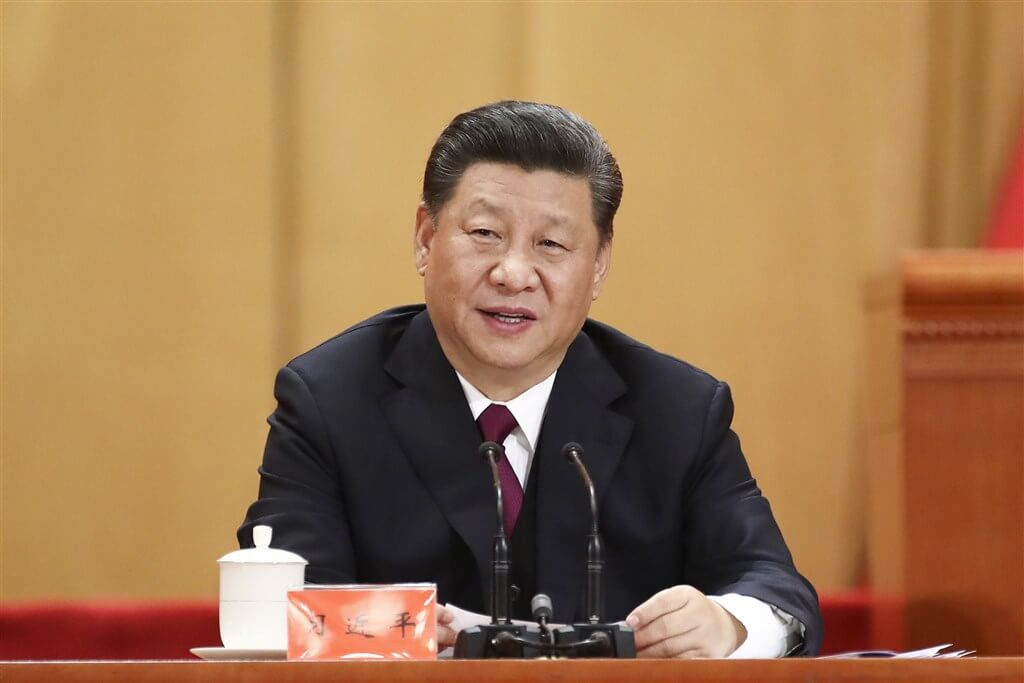編輯器
GMF:「習近平的非戰爭軍事行動」有甚麼可期待的?

圖/中國國家主席習近平 (取自中央通訊社)

Summary:

圖/中國國家主席習近平 (取自中央通訊社)

作者/Author(s): Jonas Parello-Plesner
原文來源/Source: 德國馬歇爾基金會 German Marshall Fund of the United States (GMF)
日期/Date: 07/13/2022
主題/Key Topics: Military, Grand Strategy
摘要:
習近平宣布了「非戰爭軍事行動」的指導方針(《軍隊非戰爭軍事行動綱要(試行)》),該指導方針被比作普丁的「特殊軍事行動」(Special Military Operations),為未來在中國大陸以外的軍事干預提供了正當理由。該指導方針可以將解放軍對台灣的入侵合理化為「非戰爭」的行動,但深入觀察後,它更顯現出不同面向的中國國家利益。
- 例如中東和非洲局勢持續動盪,解放軍被派去保護當地的中國公民和資產。然而,如果民間的私人保安公司未能保護其中國客戶,軍事部署會是中國最後的手段。
- 因此,該指導方針是中國將「一帶一路」倡議推向衝突地區的緊張情勢下,確立解放軍海外部署條件的遊戲規則。
- 根據全球安全倡議(GSI)的內容,中國將承擔更多調解或管理海外衝突的責任。透過GSI倡議,中國會將更多的友善軍事力量投射到區域和平上。
- 另一方面,中國也試圖利用軍事力量來恐嚇敵人。
總而言之,中國的非戰爭軍事行動指導方針擴大了解放軍在全球的存在,但也將與中國的和平崛起背道而馳。
Summary:
Xi Jinping announced a guideline for “non-war military operations” which is likened to Putin’s “special military operations” that justify future military interventions outside China’s mainland. The guideline can rationalize the PLA’s invasion of Taiwan as a “non-war” operation, but on closer look, it shows other aspects of Chinese national interest.
- Due to constant instability in the Middle East and Africa, the PLA was deployed to protect Chinese citizens and assets. However, military deployment was the last resort if private security companies failed to protect their Chinese clients.
- Hence, the guideline is a playbook to determine the conditions for PLA deployment overseas, especially with China’s push of BRI into conflict-ridden areas.
- In accordance with the Global Security Initiative (GSI), China will shoulder more responsibility for mediating or managing overseas conflicts. Further, GSI will radiate China’s benign military presence for regional peace.
- On the other side of the coin, China seeks to emanate the strength of the Chinese military to intimidate enemies.
In sum, China’s “non-war military operations” guideline expands PLA’s presence globally but will also be a deviation from China’s peaceful rise.
